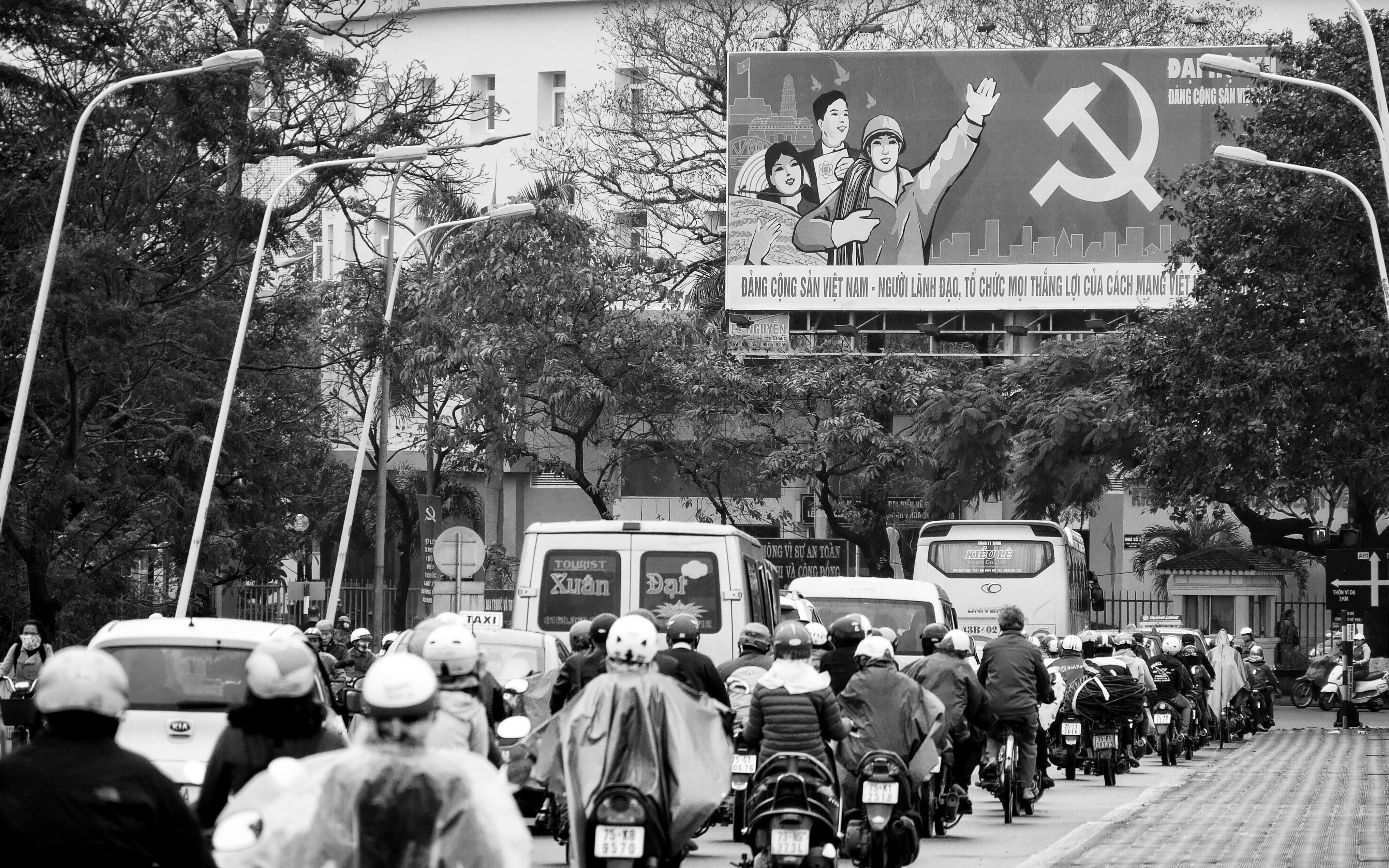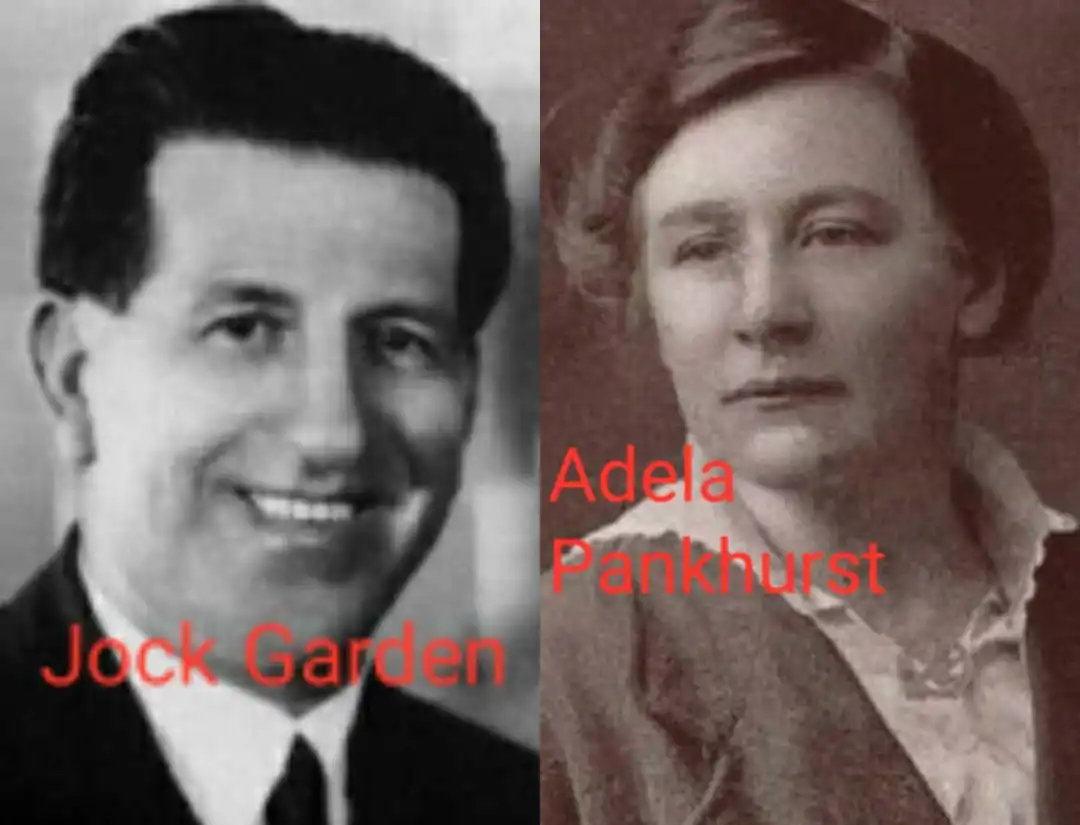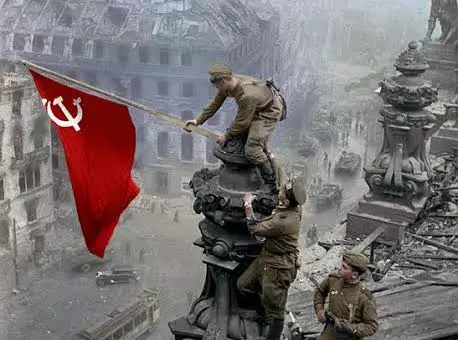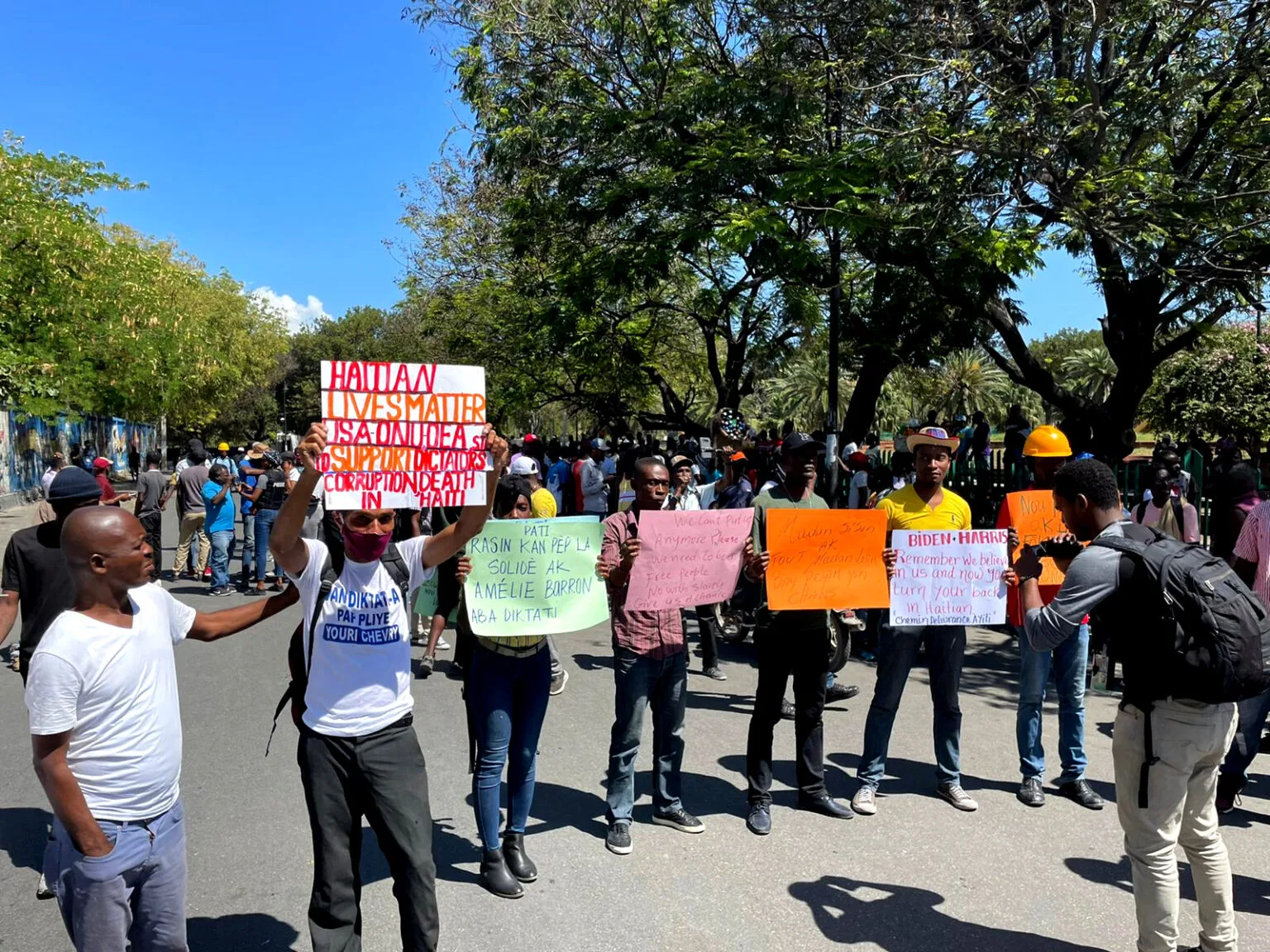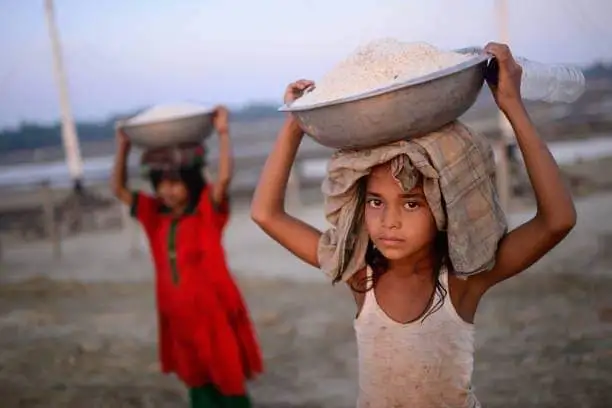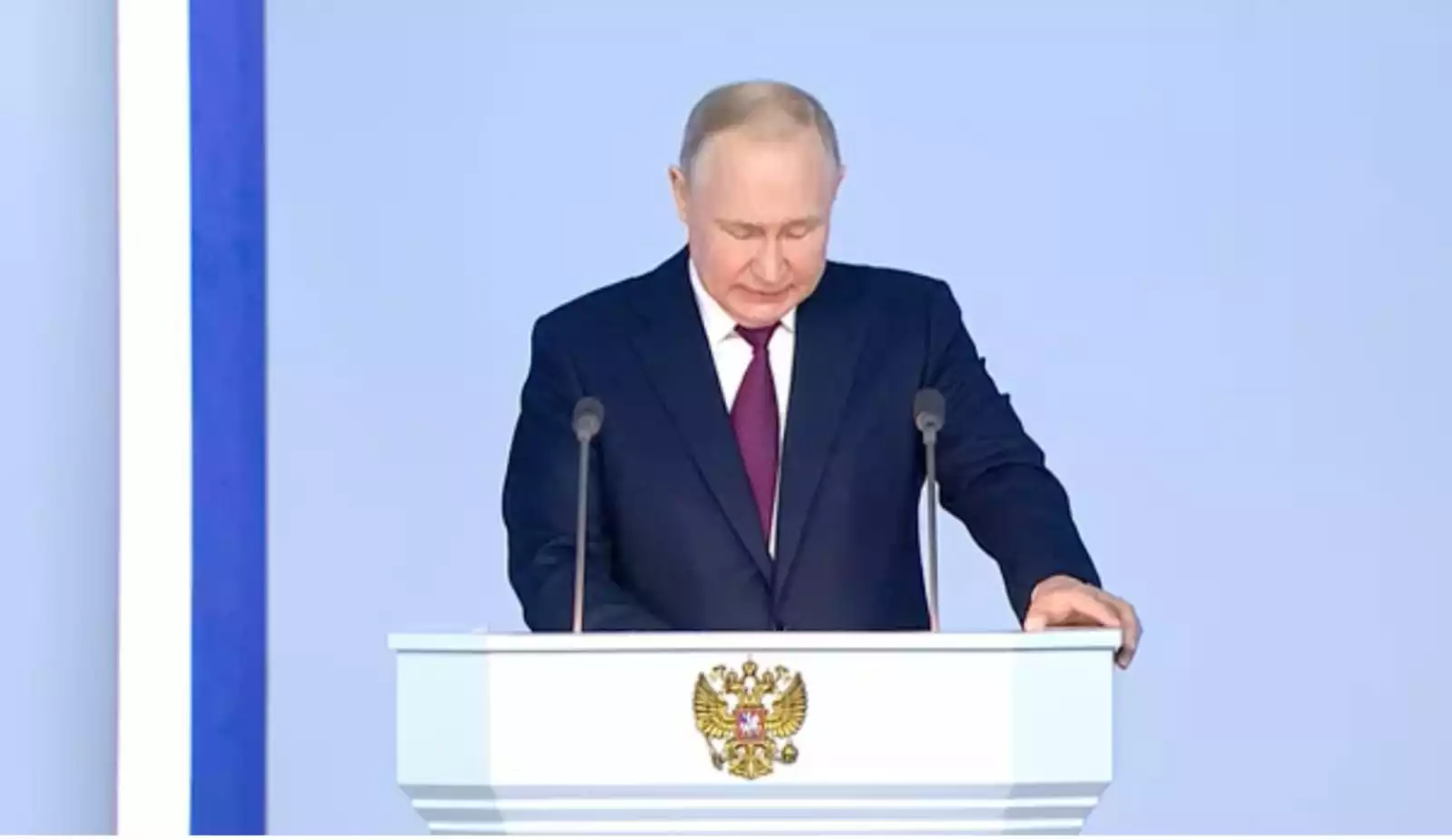Since the end of the Vietnam War, including that of the Algerian War of independence, there has been confusion among Marxists intellectuals, communist military theorists, student and party activists of many political shades, and progressive political organizations in general, as to why Wars of Liberations are fought in the first place. Why, we might ask ourselves, should we be concerned with the fighters of the Polisario Front who are waging guerrilla war against the Moroccan colonists, a War of Liberation that has been ongoing off and on since 1975? Then our world only widens, as we see the Kurds fighting for their lands in the enclaves in Turkey, Iran Syria, with all the complexities that come with wars of liberations during a time like in our time, when the so-called superpowers, the United States, and the Federation of Russia, lash out against each other, and fight their proxy wars that come down to the mathematical calculus of the endless waste of life. However, regardless of the petty political outbursts that are infused in clandestine wars between the Untied States and Russia, there are profound wars that are not always revealed with artillery rounds, jet fighters in the skies, and divisions marching across fields and through mountain valleys.
There are deepening political wars like that in India, where the farmers, element of the urban Indian working class, militant students and progressive Indian intellectuals who are part of the war that is not always waged with the cosmetics or mask of a war of liberation, but is in fact a National War of Liberation, and thus should not and cannot be fought in a pacifist way politically or otherwise. In Catalonia, Yemen, in countries of Africa and South America, like for instance in Chile, Bolivia and Peru, there are the ongoing struggles to reach even a level of bourgeois democracy. Then in other areas of the world like that area being fought for In Nagorno-Karabakh, in which those forces who hold the military advantage there will control the Southern Caucasus—all such conflicts are not a form of war of liberation in such a disputed enclave where both sides lay claim to a land, but a national war or nationalistic war in which numerous nation-states are involved.
The term of War of Liberation was actually known as “small wars” as defined by the 19th century German military theorist, Karl Von Clausewitz. Clausewitz described such wars as a People’ War, and he as well as anyone should know, because his theory would eventually play a role, even though it was in a subtle form, against the continuous invasion of Napoleons armies into Prussia and the other German states. As Clausewitz would write so vividly about such a war, in what today we call a war of liberation “According to our idea of a people’s war, it should, like a kind of nebulous vapory essence, nowhere condense into a solid body… threatening clouds from which now and again a formidable flash of lightning may burst forth”. Such vaporous wars will be among the nation-states well through the 21st century.
However, it important to suggest how these small violent wars can collide with the political aspirations of capitalist countries who want to control their colonized people, or at least seek out a strategic balance that suits their world and regional view. I would like to quote a very astute interpretation by a retired Soviet. Co. who is aware of how, for instance the present flair-up in Nagorno-Karabakh can reach a point of now return, and thereby create a small war that like lava from a volcano can spread out beyond into a wider and dangerous conflict. regional conflict Retired Col. Alexander Ivanovich Zhlin stated In an interview on the online newspaper The Armenian Weekly this about such wars that are not so much a war of liberation but a war of nationalist interests:
“… I am further extrapolating this situation. The pressure keeps increasing and increasing. Someone prognosticated a situation as follows. Some strange people with some kind of characteristic accent deliberately storm into a school. It is a provocation. It can be done by anybody— the CIA, by anyone. It can be done by guys [khloptsy] from Ukraine. So, they start butchering children from Armenia, or children from Azerbaijan at school. Let’s say it’s been randomly established that there [at school] children from Armenian or Azeri Diaspora study.
What is Russia to do when the Caucasus rises, when Azerbaijani or Armenian Diaspora rises, and all that turns into a bloody mess? Do we have forces to stop all that later when that process is in full force? What am I talking about? I am talking about that little war” .
It such little wars that should not be confused necessarily with the small wars of liberation. As an example, in modern history, the liberation war of Angola was justified, while small wars that may be pandering as a war of liberation is in fact a war of nationalist imperial interest and should not be supported. The ret. Soviet Col then makes this wise observation “Today we do not have such potential as to counterweight these processes. There is no ideology [or] image of the future. In this case, I think that the situation should be viewed as critical, and every sort of leverage ought to be used first and foremost against Turkey. Because – I underscore – because if over there the circumstances develop in favor of the plan which is being implemented, then we will not lose only Caucasus, but we might lose [our] country. I would like to address our remarkable Kremlinites with a request. Please ask your advisors, your area specialists to compile a historical document on Russo-Turkish relations. How many times has Turkey been armed against Russia?”
National Wars must be given a meaning towards understanding the history of a perceived enemy’s history towards the motherland. Only through intensive study and analysis of past wars with a common enemy, can a leadership of a country imbue the people with a profound enthusiasm for a national war of salvation.
In the title of my essay, I refer to the term “JUNIUS”. The term “Junius” comes from a critique that Lenin wrote in response in 1916 to an unknown German pamphleteer of the “Left-radical” wing of the Party of the German, who signed his pamphlet with the name “Junius” (which in Latin means junior) and gave his pamphlet the title “The Crisis of Social-Democracy”, in order to refute the Social-Democratic Party of Germany during World War I. In essence, the pamphlet deplored the selling-out of the political agenda of the Social-Democracy stand towards not only its pre-war revolutionary principles, but also its so-called cow-towing to the first modern imperial war in general. Except, here is the fatal rub, the author and his fellow travelers which included Zetkin, R. Luxemburg, and Thalheimer as well, made two glaring mistakes by advocating pacifism regarding war in the specific and stating that all national wars in general are counter-revolutionary which is not the historical case in terms of the science and art of modern war. We know how grave and epic struggle the Great Patriotic War was, in which the Soviet Army liberated large swaths of Europe from the scourge and unspoken horror of German and Italian fascism. We also know that when a Popular Front war is insular and infused with only emotional appeal, without the science of war as its ultimate calculus, as during the Spanish Civil War, then there is only disaster. Such civil wars with various forms ideological and pacific defeatism are couched in the flair of Left-Wing hyperbole. It is not that the Spanish people and the People’s Republican Army were not willing to fight to the end and lay down their lives if need be, but it was a vacillating government and inept military leaders that paved the way for the destruction of the Spanish Republic. There was one major military figure who understood the science of war needed for the Spanish people and that was astute Republican general, Vicente Rojo Lluch, who was the Chief of Staff of the Spanish Armed Forces. Now, the Spanish people, and specifically the Catalans, are now more aware of the actual the study of wars of liberation that must be initiated before one takes to the battlefield.
In the early 21st century we have would-be Marxists, including those from “Left-Wing” positions in the United States and abroad, who cuddle-up to the Green Party factions as well as the bourgeois ‘progressive’ factions who only decry the possibility of war when it suits them, or pander to the government of their countries that sell military munitions to counties like Israel and Saudi Arabia, so as to bolster the economy for the narrow-minded, governing classes. The liberal middle class and their establishment pundits in the United States think they need such allies to create a wedge or encroachment against a perceived tide of Russian imperialism and her allies, when in fact, both sides are part of the same equation in the quest for world hegemony. We forget that Russia’s Great Patriotic War was a national war against Nazi fascism, we forget that North Korea and North Vietnam fought their national wars for national liberation within their own homelands. We forget that Simon Bolivar and his grand armies fought national wars in South America against Spanish imperialism. We do not want to remember that it was the French Revolutionary armies, made up proletariat and peasant French citizens, who fought a national war to preserve, in the early days and years, a necessary French Revolution, and that the French national war only became an imperialist war with the ascendency of Napoleon as Emperor of France. We forget, we do not want to admit that Russia is fearful of an invasion of NATO forces into the Russian motherland, and rightfully so in their grim analysis. Such is the complexity and dialectical ways of national imperial wars which can transform into wars of national liberation. In these days, the Syrian people, the Iraqi people and the people of Yemen are fighting national wars to preserve their culture and their deeper ways of life. As Lenin wrote about national wars “Further, national wars waged by colonial, and semi-colonial countries are not only possible but inevitable in the epoch of imperialism.”
It is instructive to study and understand how the various modern imperial powers persuade and manipulate ordinary people to become involved in a national war, that persuasion being orchestrated through the social media in all its various forms. However, we must scientifically and with calm or a cool analysis address the differences between national wars of defense, a war of liberation and predatory wars. It is not an easy task to understand the social nature of war for those, such as established military theorists, or even a cadre of professional revolutionaries, but we should remember that great military thinkers like Sun-Tzu, Carl Von Clausewitz and Machiavelli also wrestled with the science and ethics of war.
Behind every war in the history of warfare there can be deception as well as forth righteousness towards people in general as to why they are given a reason to fight and die for the motherland, before the enemy comes to the very shores of one’s own country. As Stalin so succinctly phrased it in his World War II pamphlet The War of National Liberation 1943 “ The war has torn down all veils and laid bare all relationships”. In our time, the United States, even as an imperialist power, must confront the various right-wing militias from within, or pay the price for an eventual conventional war with an adversary that consists of Americans. In the former Secretary of Defense, James N. Mattis’s final letter to the American soldiers serving abroad, he wrote “In this world awash in change, you hold the line. Storm clouds loom, yet because of you, your fellow citizens live safe at home.” . We can ask the profound question of whether the “Storm clouds” are one of confrontation overseas or within the boundaries of the Unites States. Such is the very nature of the “Storm clouds”— the nature of storm clouds as a national imperialist war or a war of national self-perseveration. Nationalist Wars, without merit, breed contempt, Wars of Liberation create a voice for the people.
Photo by Dirk Spijkers on Unsplash
